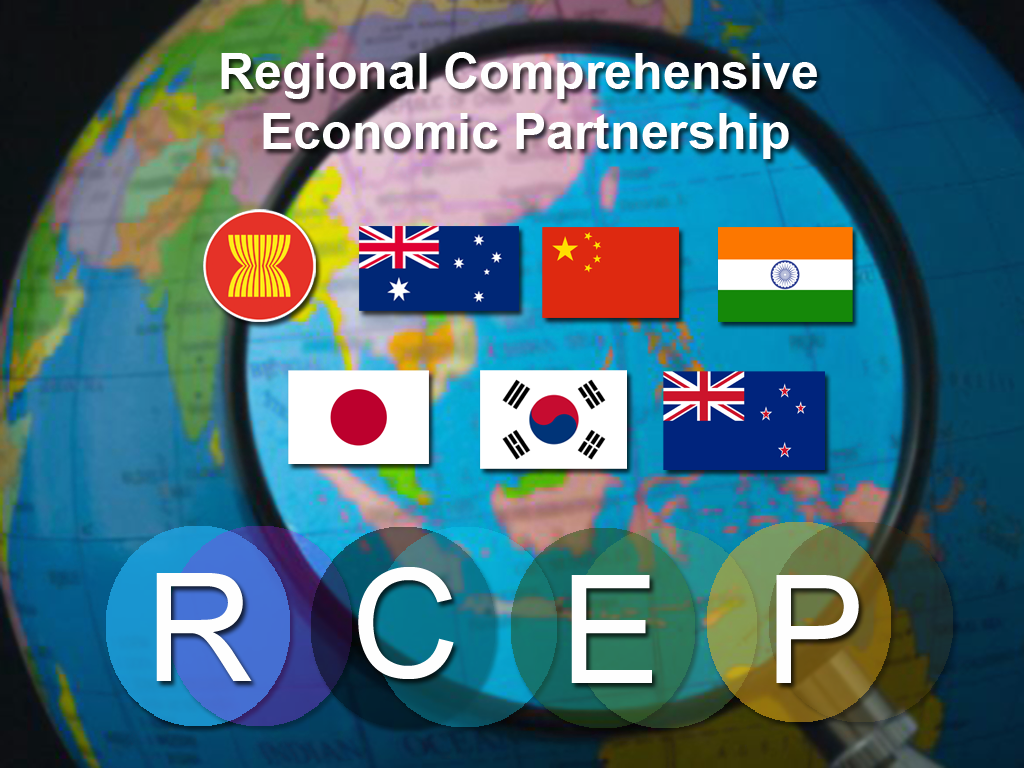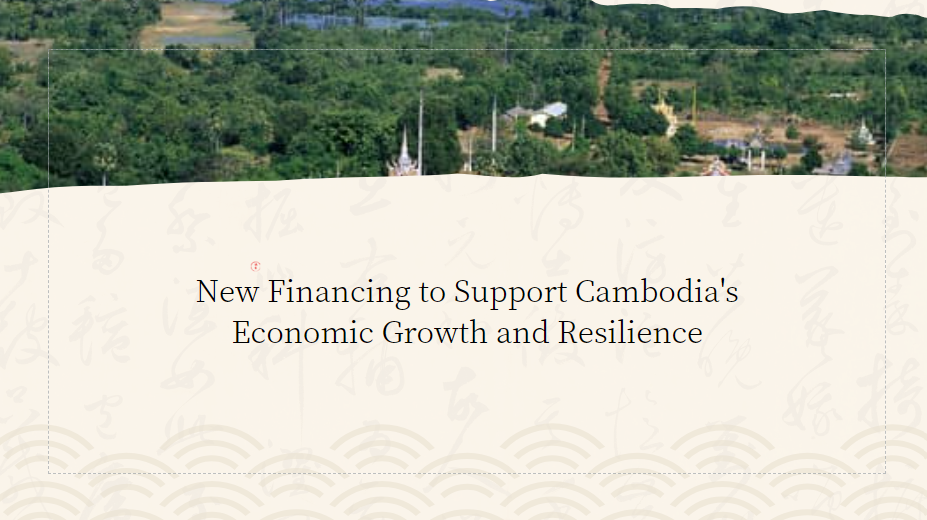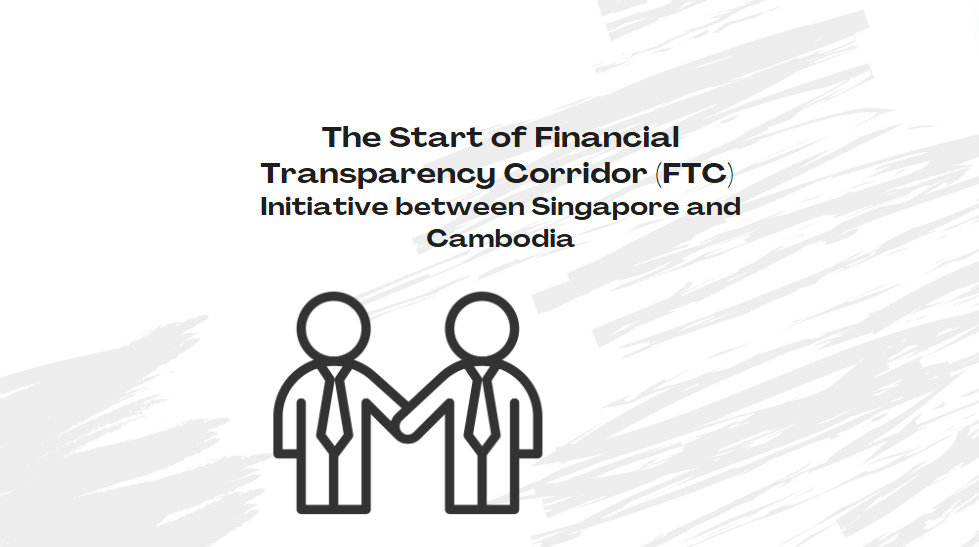Market Access Improved for Foreign Investors with Abolishment of Investment Registration Certificates
The Financial Services Commission announced that foreign investors' access to Korean capital market has been improved with the abolishment of foreign investors' prior registration requirement from December 14, 2023.
As it has been repeatedly pointed out in the past that this prior registration requirement was standing in the way of foreign investors' access to Korean capital market, the FSC decided to abolish the registration requirement (IRC: Investment Registration Certificate)—which had been in place for about 30 years since 1992—through a revision of the Financial Investment Services and Capital Markets Act (FSCMA) in December last year. As a result, without first having to register with the Financial Supervisory Service (FSS), foreign investors are now able to use either legal entity identifiers (LEIs, for corporate investors) or passport numbers (for individual investors) to open their investment accounts at financial companies and make investments in domestically listed securities.
After monitoring the trend in new account opening, the authorities found that during the six-month period after the abolishment of the prior registration requirement (between December 15, 2023 and June 12, 2024), there were 1,432 new investment accounts opened by foreign investors using either LEIs or passports. Among them, there were 1,216 corporate entities and 216 individual investors with new accounts opened at 36 securities firms and banks. In particular, from March this year, the number of new account opening by foreigners has grown to about 300 to 400 every month. Considering that the average monthly IRC issuance was 105 in the year of 2023, the abolishment of the prior registration requirement appears to be contributing to the enhancement of market access for foreign investors.
In this regard, FSC Vice Chairman Kim Soyoung stated that the abolishment of the prior registration requirement has made it more convenient for foreign investors to open an account, and so consequently, the number of new account opening by foreign investors is growing, and this appears to have helped to boost foreign capital inflows in Korean stock market recently. Vice Chairman Kim also pledged to continue to monitor market situations going forward.
Meanwhile, since the abolishment of foreign investors' prior registration system, the financial authorities have been actively communicating with foreign investors and standing proxies to listen to their needs and gather opinions on the areas that require further improvements. On some of the issues, the authorities have already taken steps to implement improvement measures together with related organizations.
In this regard, the Korea Federation of Banks (KFB) has introduced a revised operations manual on real name financial transactions (on June 21) to allow foreign corporate entities more options in submitting documents for their LEIs (Level 2 or Level 3 to be allowed with document from tax authority in home country) for account opening in the case that obtaining the required paperwork for LEI Level 1 (official corporate registration document) is not possible due to administrative circumstances requiring no such registration in home country.
Moreover, the KFB has decided to ease the current level of notarization requirement on power of attorney when foreign corporate entities open investment accounts through proxies. Currently, when submitting a notarized power of attorney, getting an apostille for the document is required. However, from now on, foreign corporate entities with LEI Level 1 or those with standing proxies representing them in Korea may submit notarized power of attorney without an apostille.
The financial authorities and related organizations plan to make continuous efforts to make Korean capital market more accessible for foreign investors and communicate relevant measures with foreign investors.























































First, please LoginComment After ~